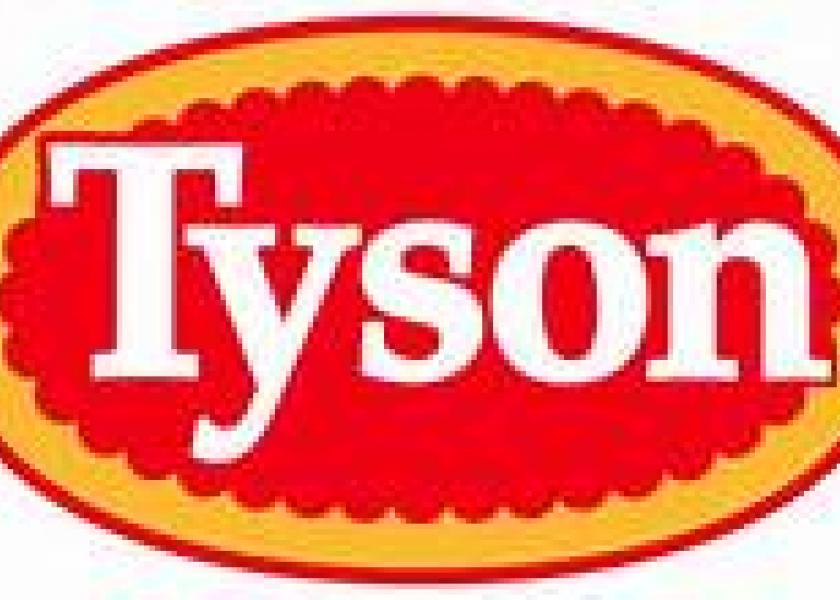The Biggest Chicken Seller in the U.S. Is Eliminating Antibiotics

Tyson Foods will no longer use human antibiotics in chickens. The Arkansas-based company, the nation's largest seller of chicken, is announcing today that it plans to eliminate the use of medically important antibiotics in its flocks by September 2017.
Antibiotics defined as “medically important” are those taken by people. The drugs are also used by livestock producers to treat and prevent disease in crowded pens and were extensively used for many years to promote growth in farm animals.
Donnie Smith, Tyson's chief executive officer, said in a press release that the company has already reduced its use of medically important antibiotics in broiler chickens by more than 80 percent since 2011. He said it is now "realistic to shoot for zero," but added in an interview that the company would continue using those antibiotics as a last resort to treat sick chickens. "We are better off," Smith says. "We have found that not only have we been able to reduce the need for antibiotics, we have better performance along the way."
Tyson's announcement comes amid growing concerns about antibiotic-resistant superbugs in people, a problem partially blamed on widespread use of the drugs in farm animals. That concern is leading more fast-food chains and consumers to opt for meat from animals raised without antibiotics.
Last September, for instance, Tyson competitor Perdue Foods announced that 95 percent of its chickens were reared without medically important antibiotics. In March, McDonald's—a Tyson customer—became the latest chain to announce that it would serve chicken raised without antibiotics, playing catch-up with such rivals as Chick-fil-A and Chipotle.
Sales of antibiotic-free chicken increased by 25 percent, in dollars, during the 52 weeks ending Jan. 25, according to IRI, a Chicago-based market research firm. That represents about 11 percent of overall chicken sales. (Sales of organic chicken, which is, by definition, antibiotic-free, increased 33 percent during that period, according to IRI.)
But the latest data on antibiotic sales for food-producing animals, released annually by the FDA, continues to show increased use. Domestic sales and distribution of medically important antimicrobials—mostly antibiotics but also such drugs as antivirals and antifungals—increased by 20 percent from 2009 to 2013.
"All of these guys are making commitments, and that is fantastic," says Avinash Kar, senior attorney at the Natural Resources Defense Council. "In the next couple of years, we might see a reduction. But how much of one is an uncertain thing."
Most of the announcements about reducing antibiotic use have focused solely on chicken. Smith, of Tyson Foods, says his company is also seeking to eliminate medically important antibiotics in pork, beef, and turkey, though no timeline has been determined.
Tyson will continue to use ionophores, a class of antibiotics that aren't medically important for humans, to treat intestinal disease in chickens.
"If you take them at their word, I do think it is a big step," says Bob Martin, program director of the Food System Policy Program at John Hopkins Bloomberg School of Public Health. "It's where the market is going."







